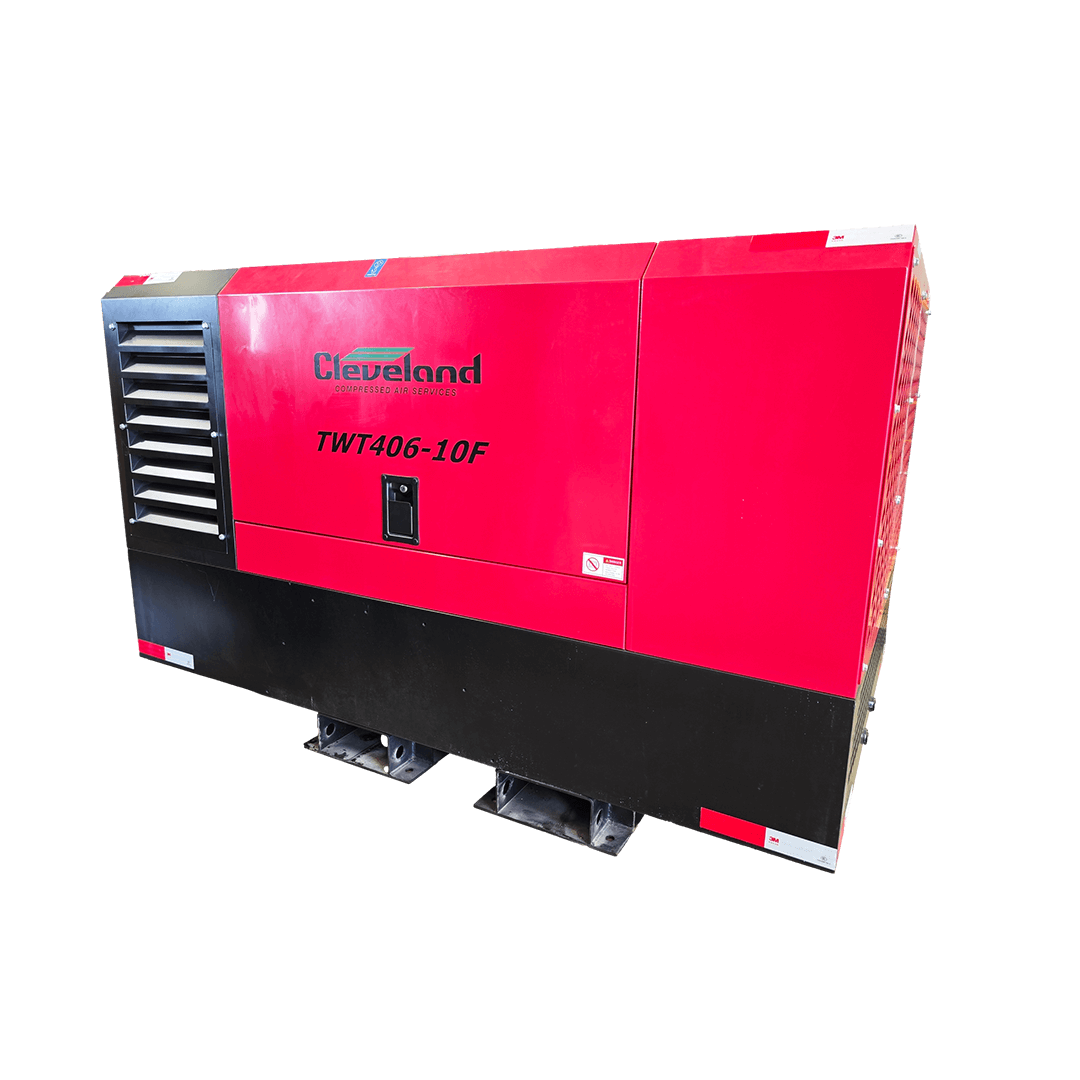
Enquiry Form
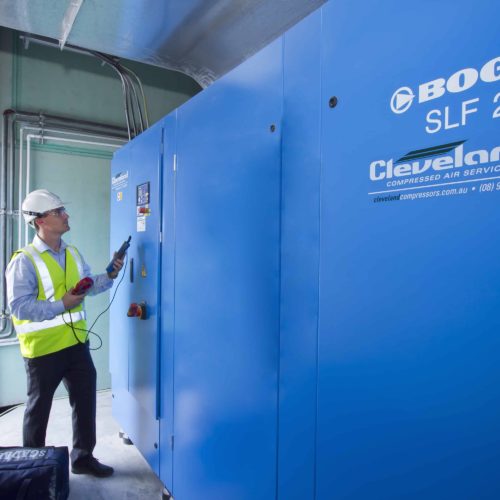

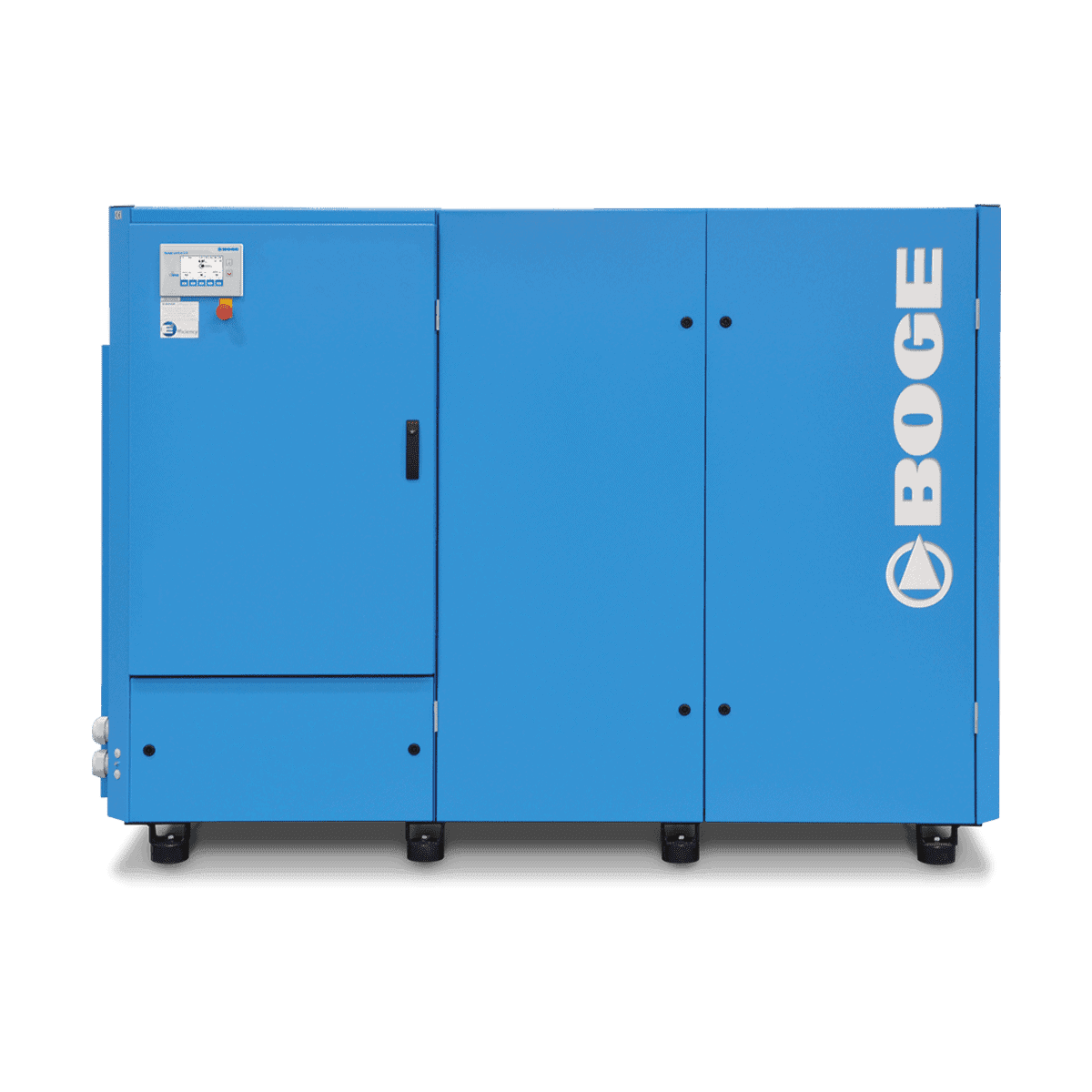
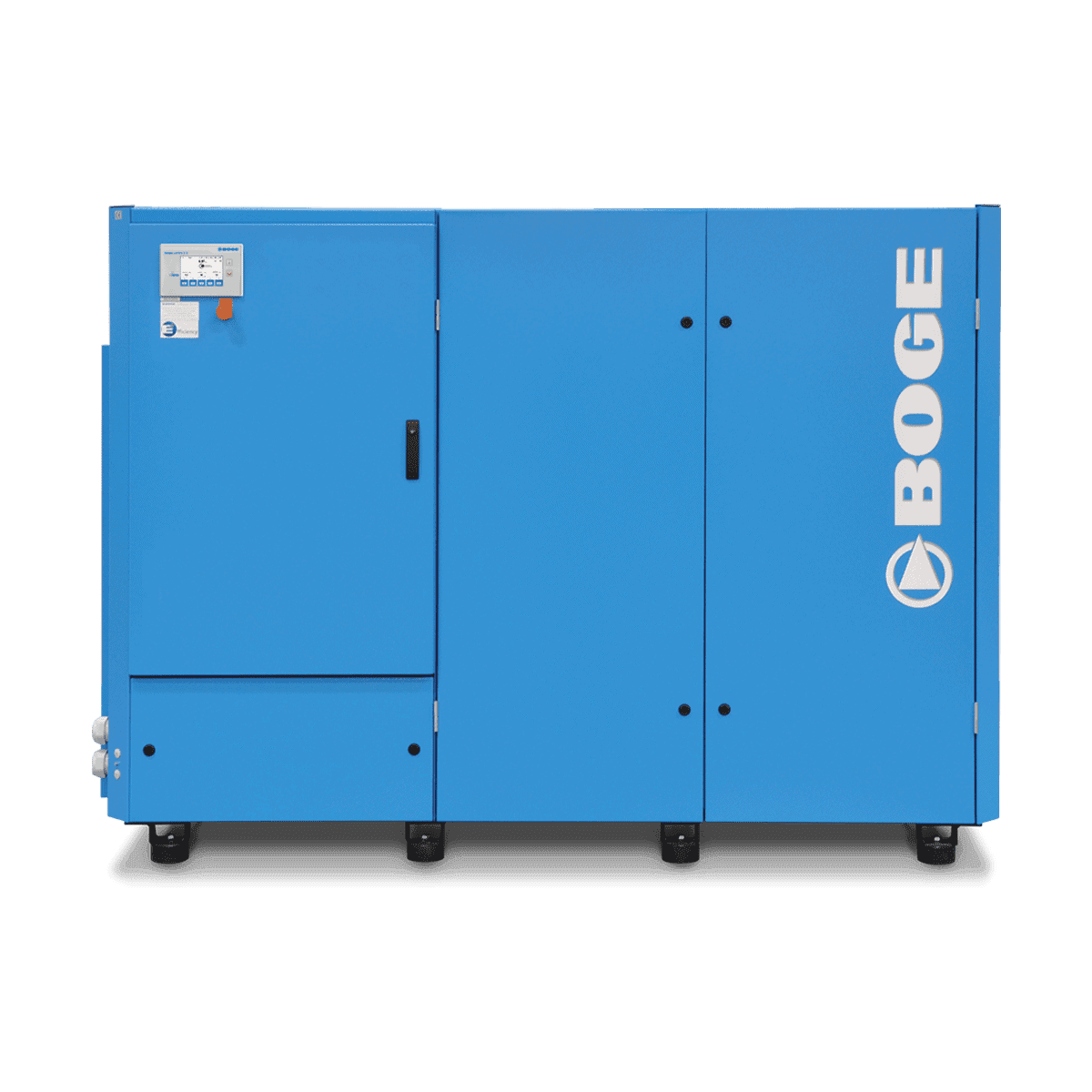
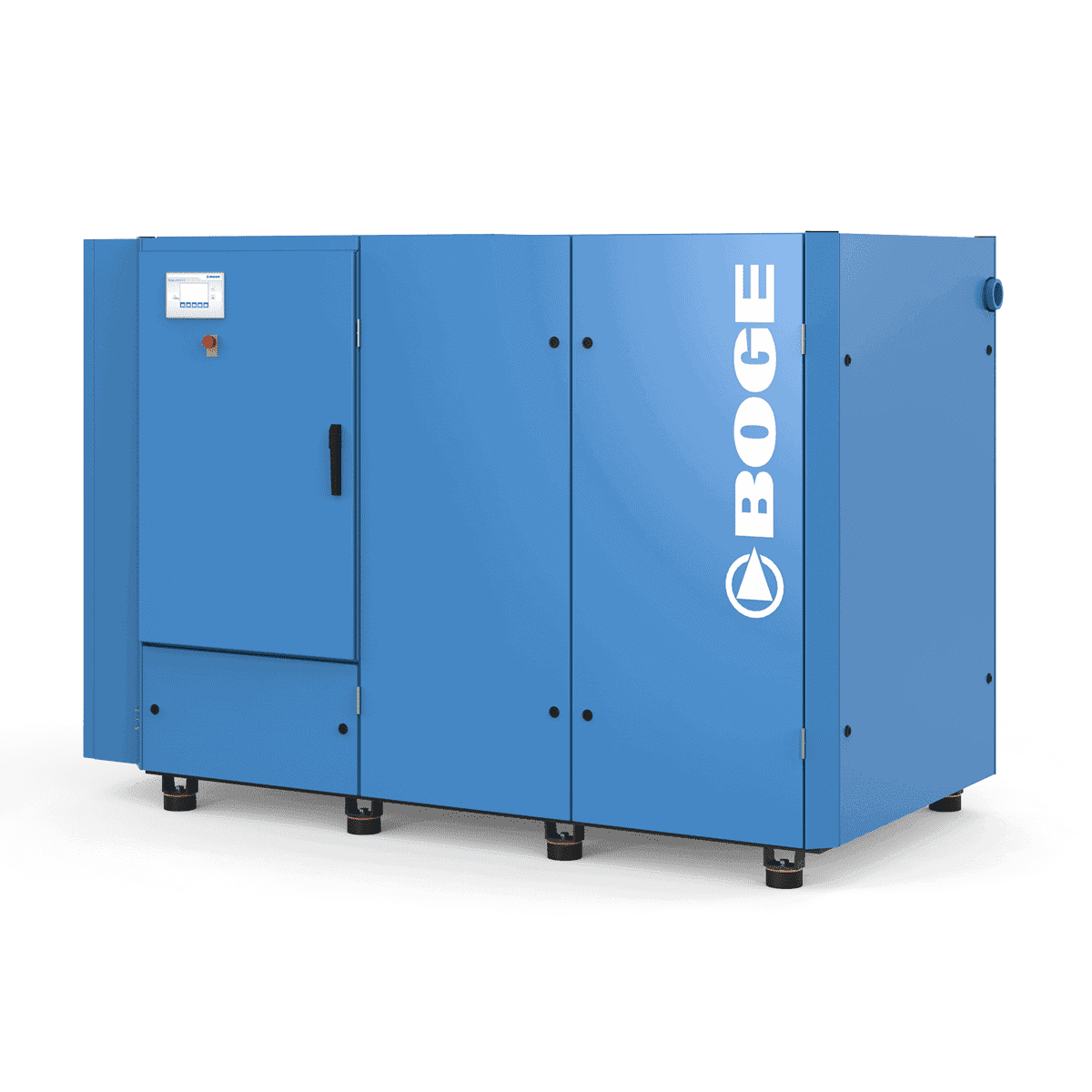
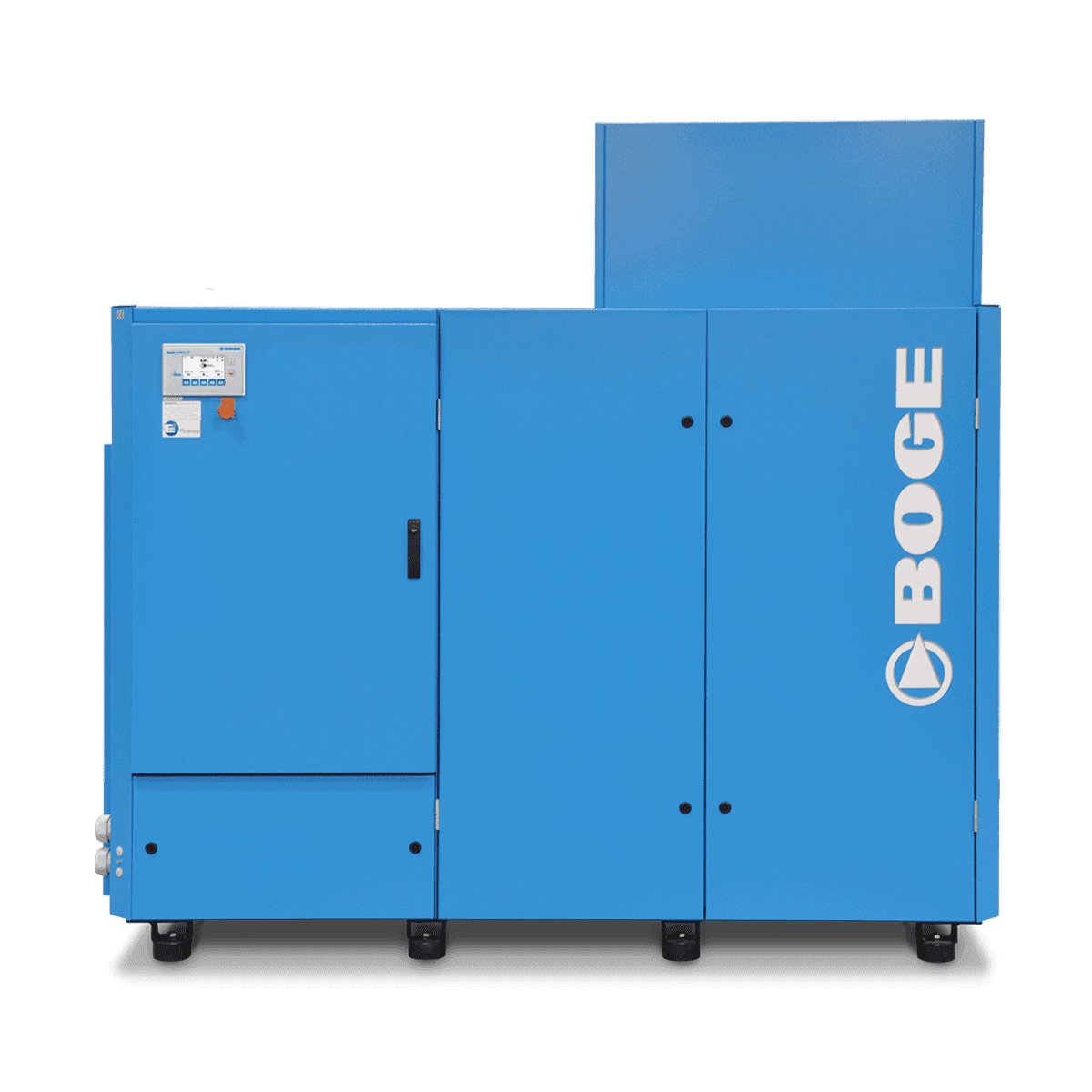
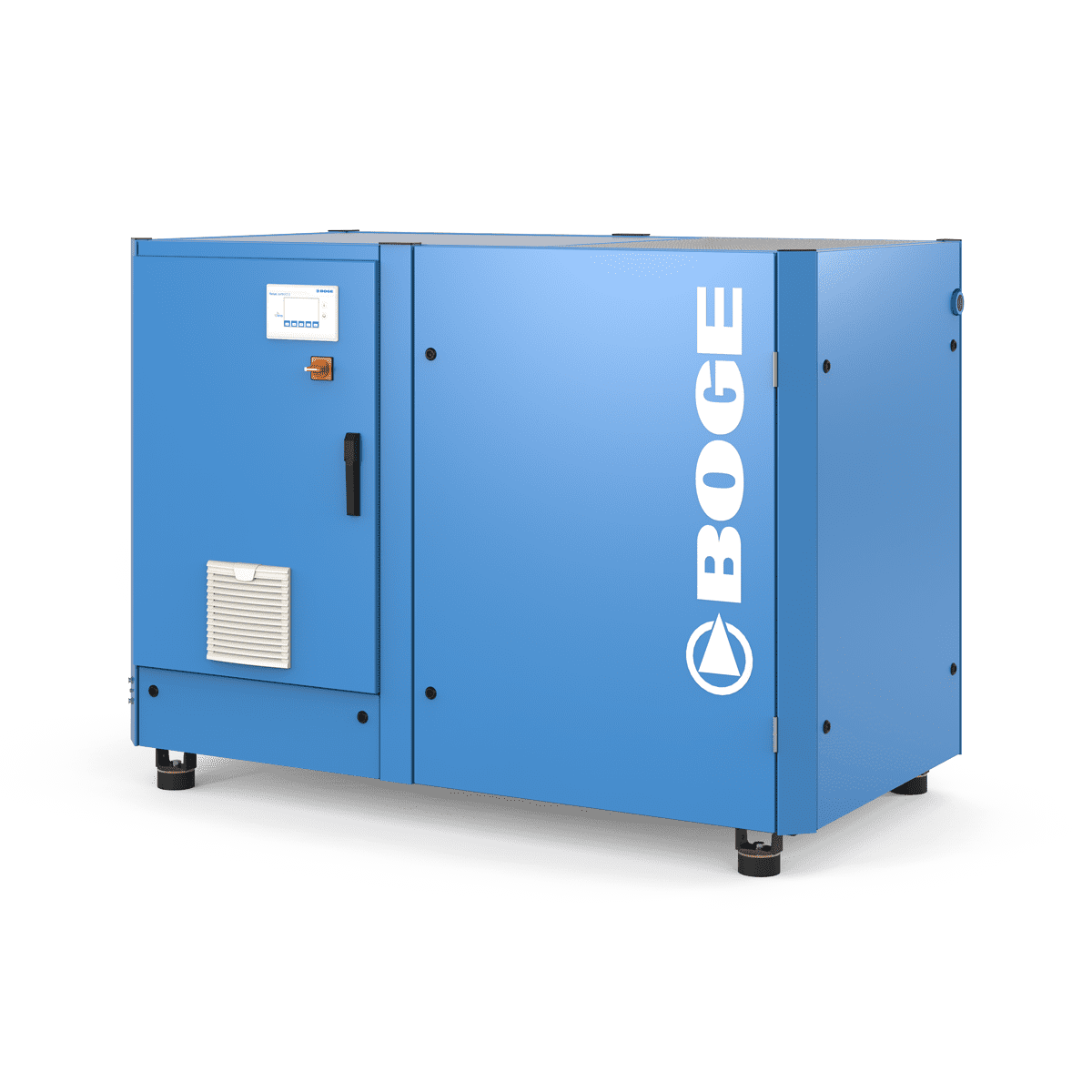
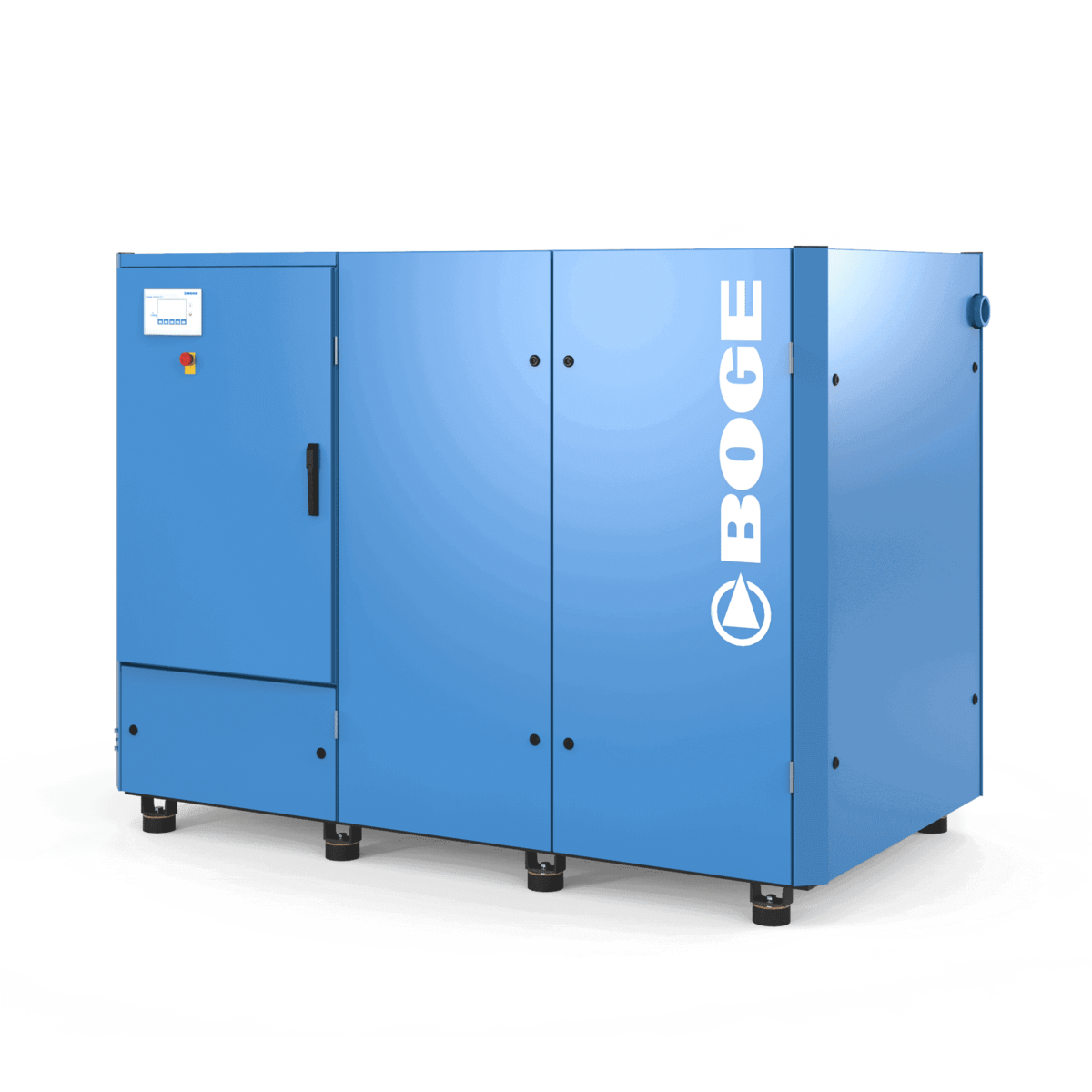
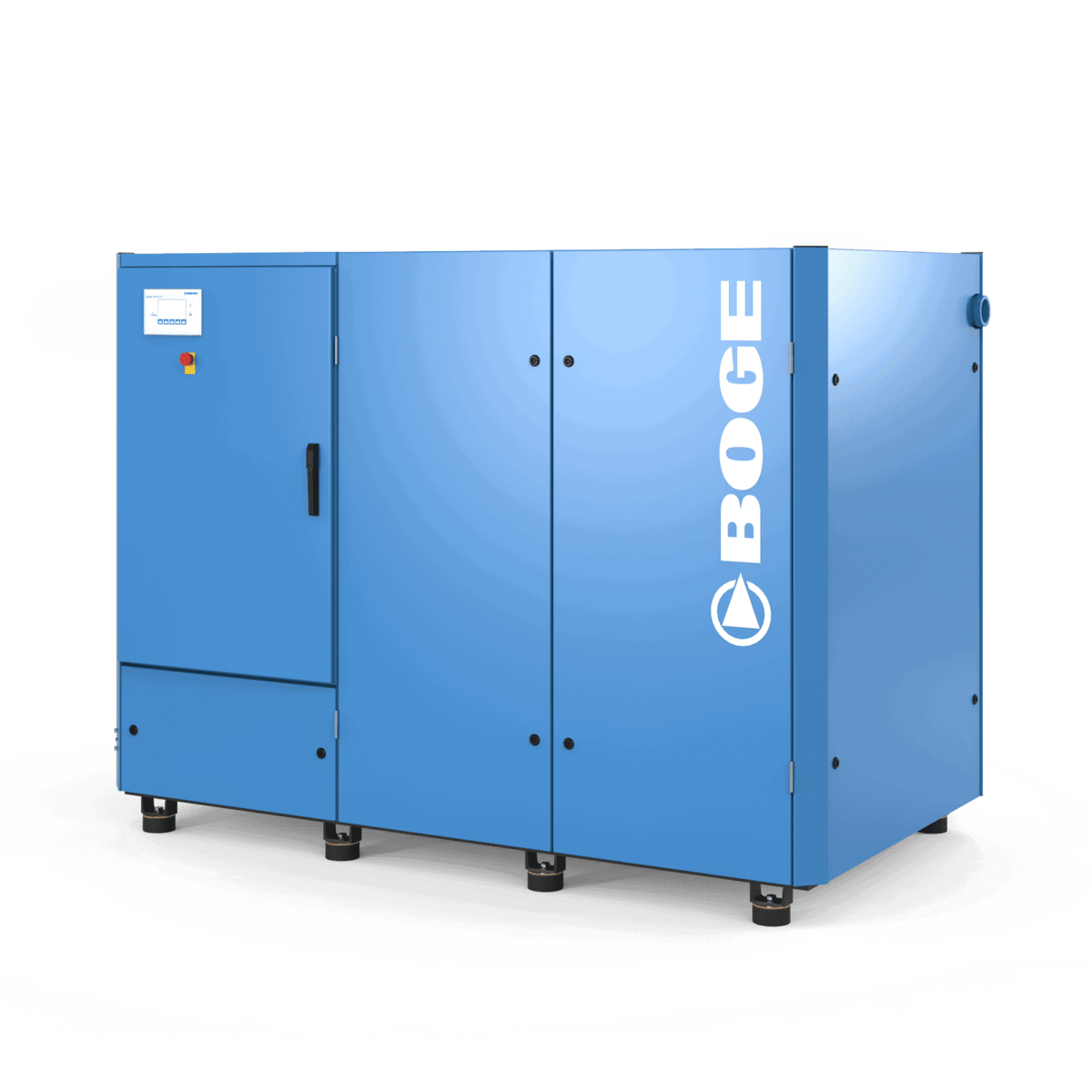
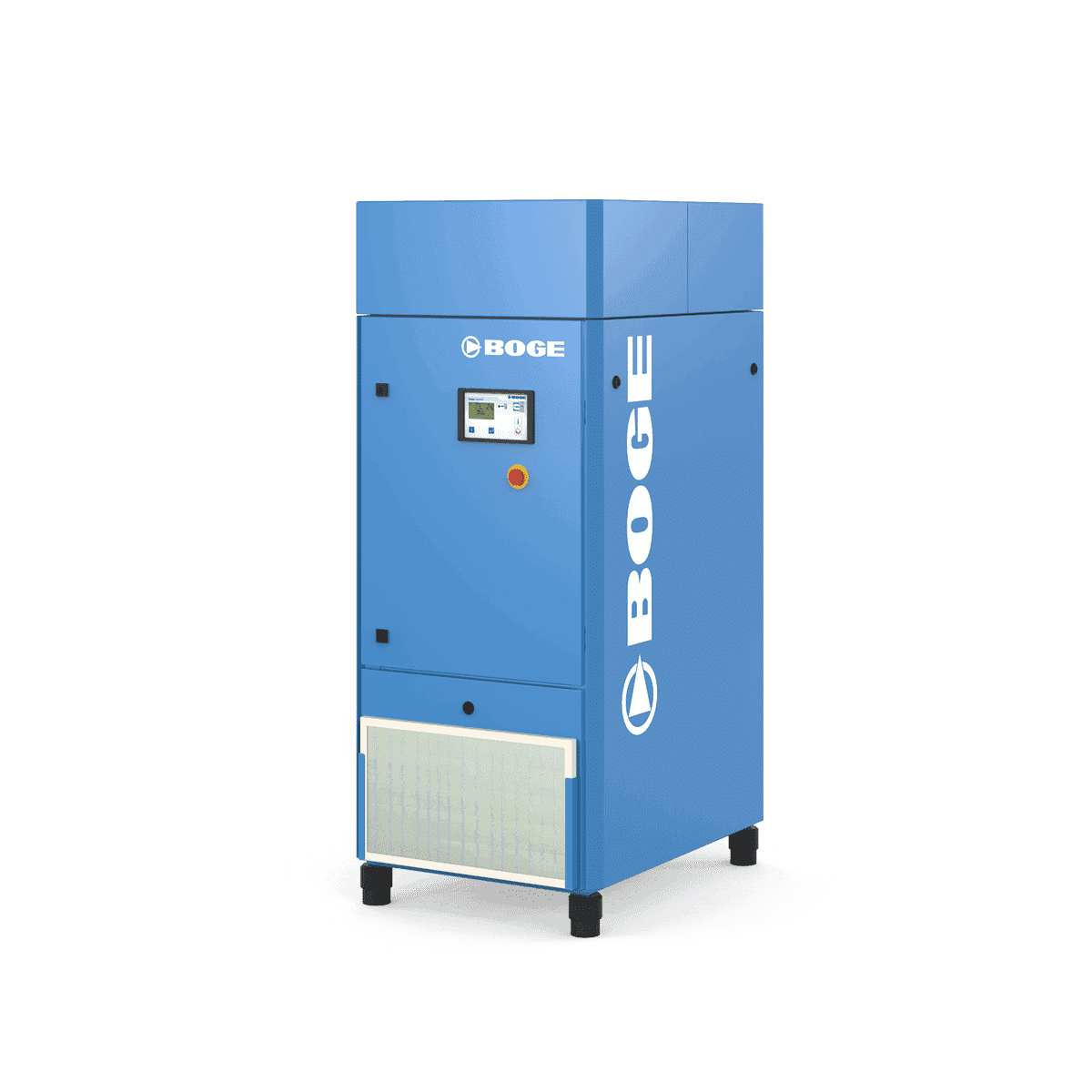
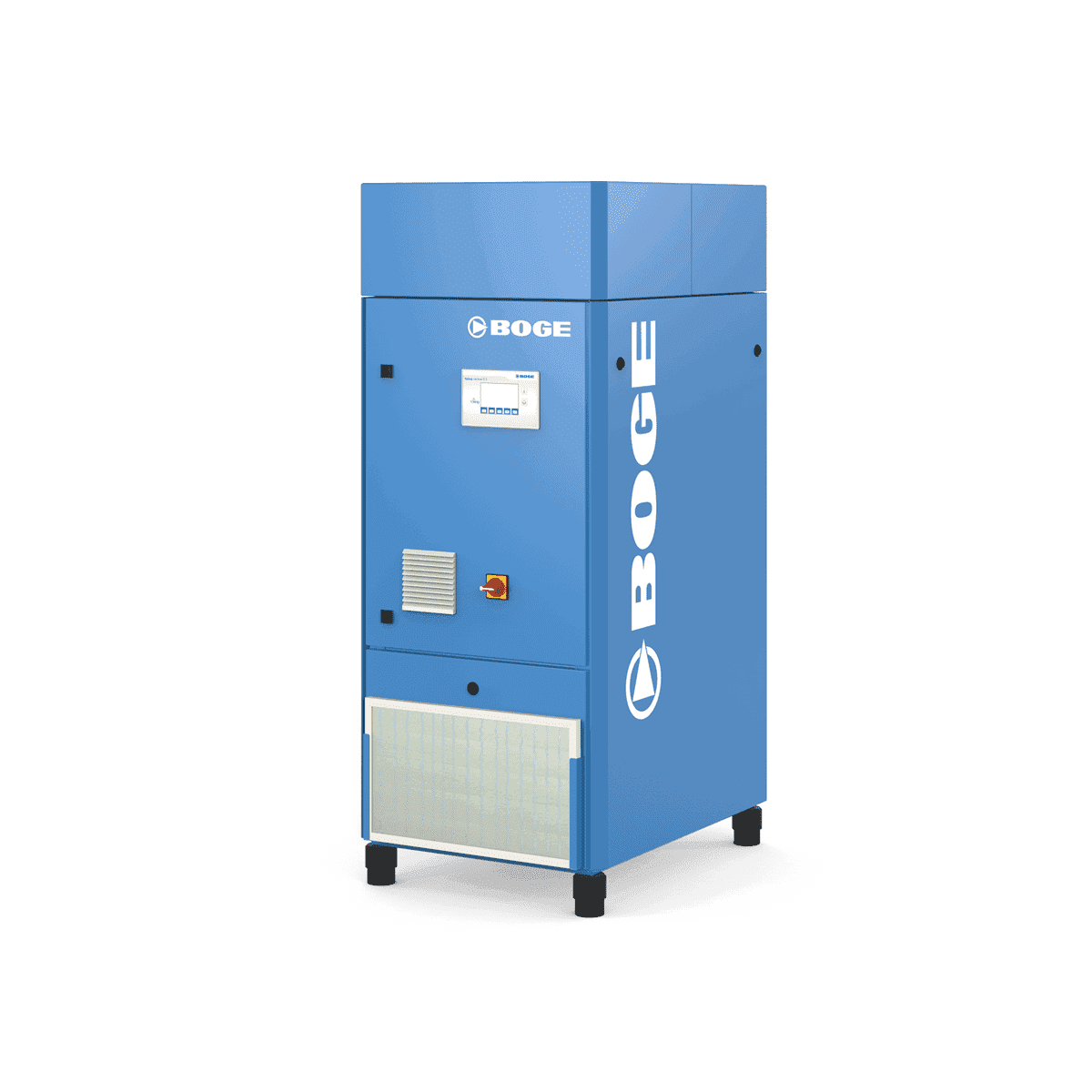
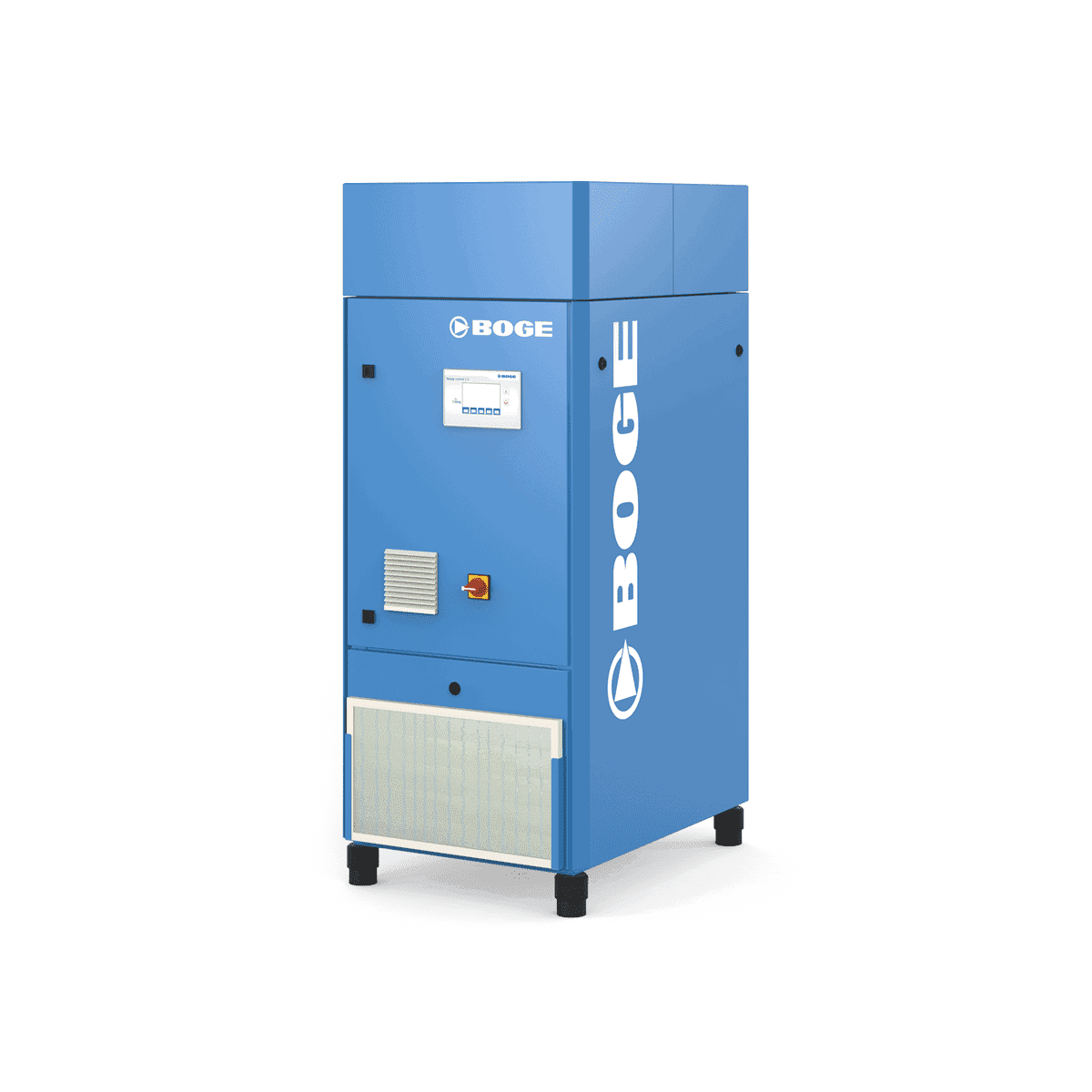
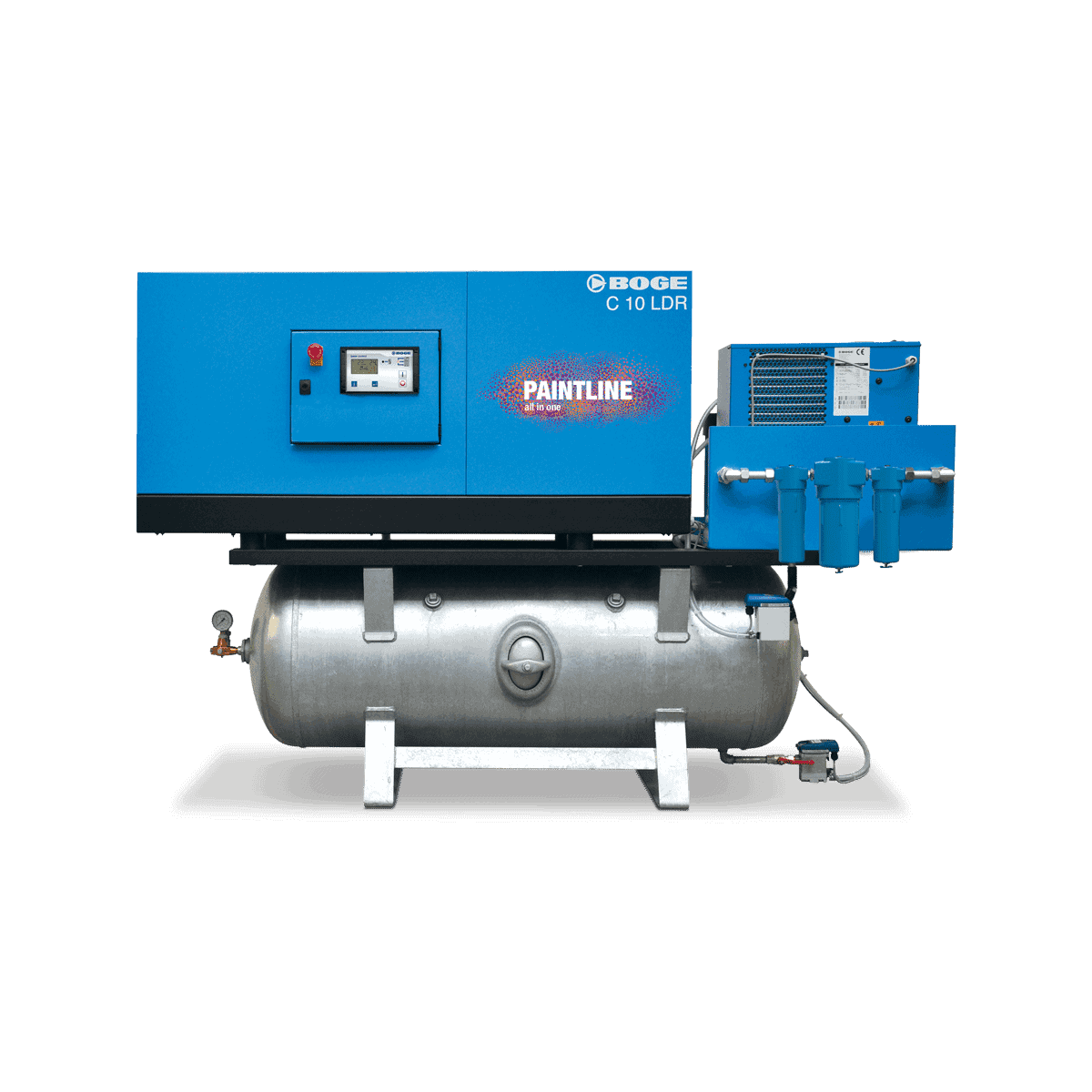
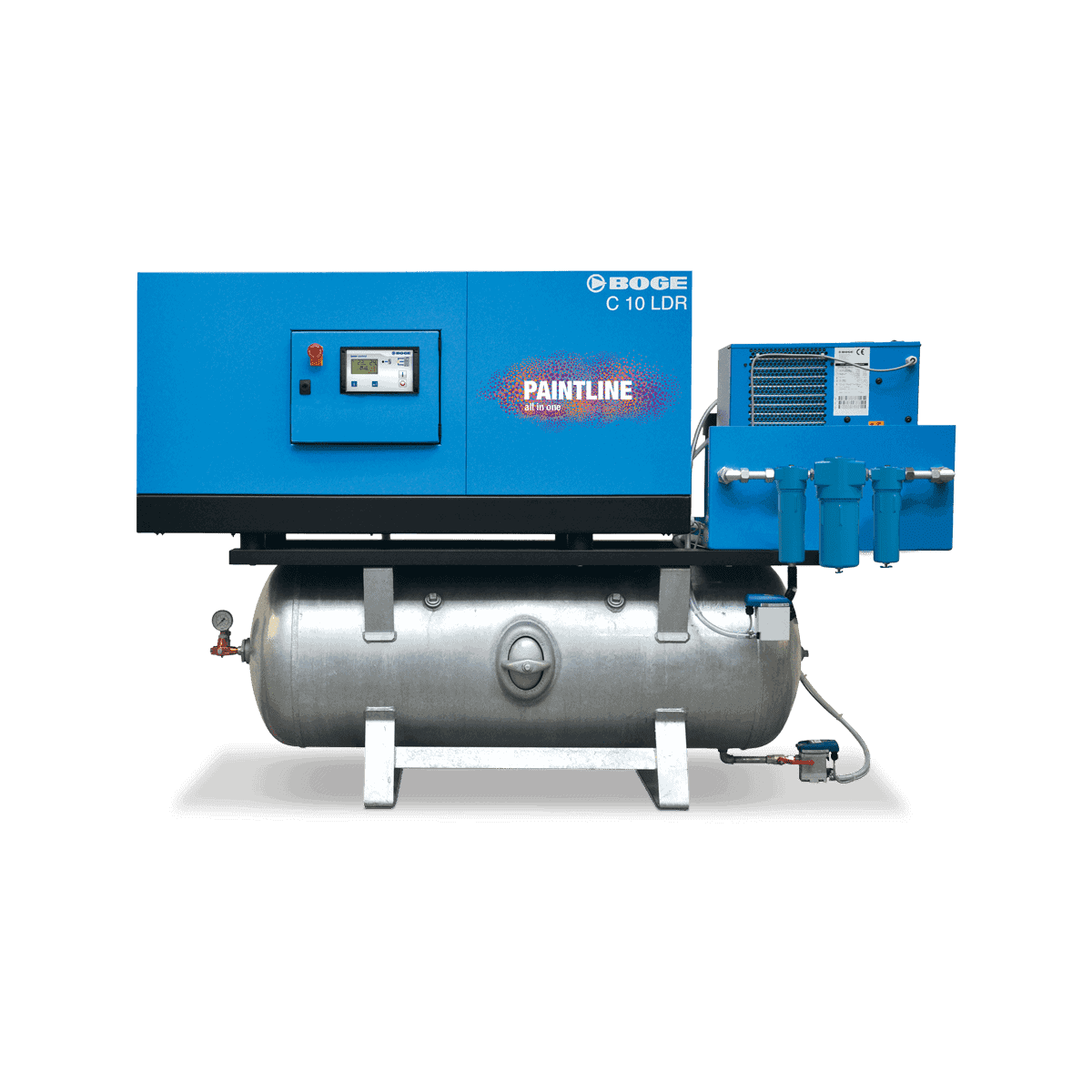
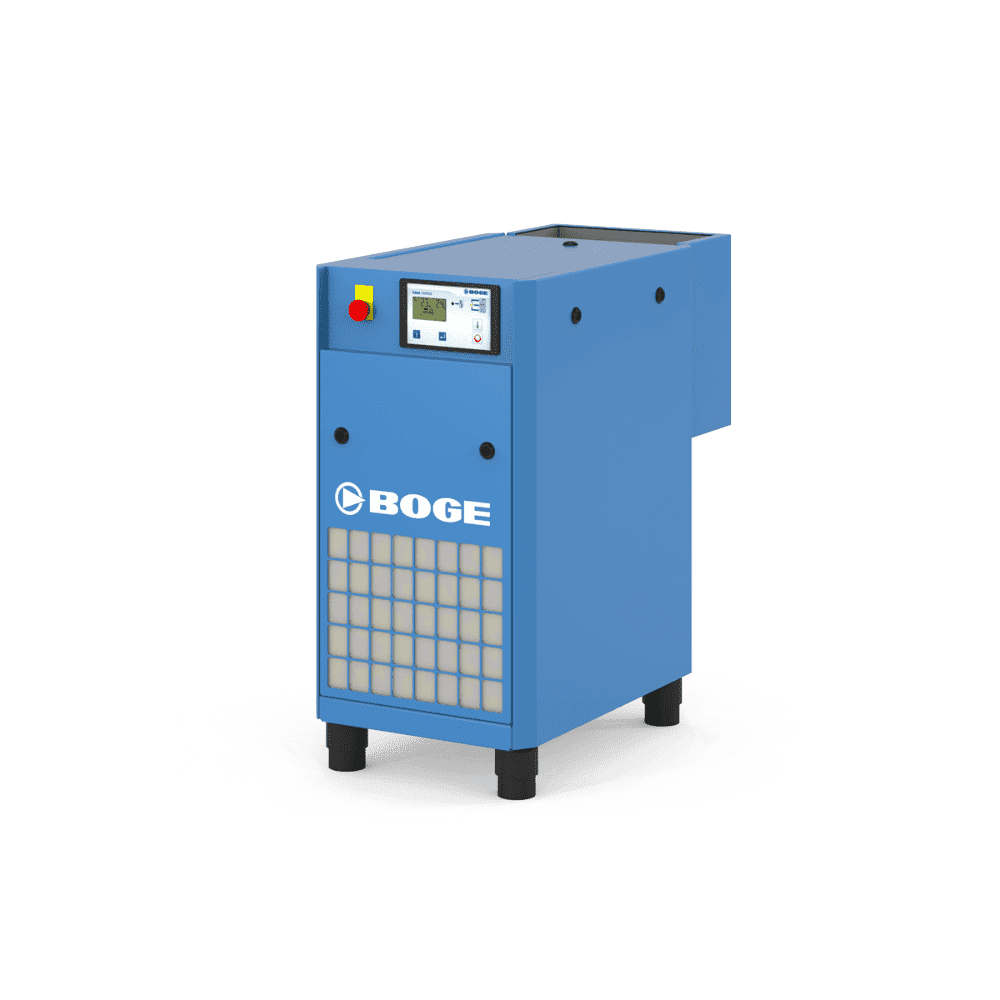
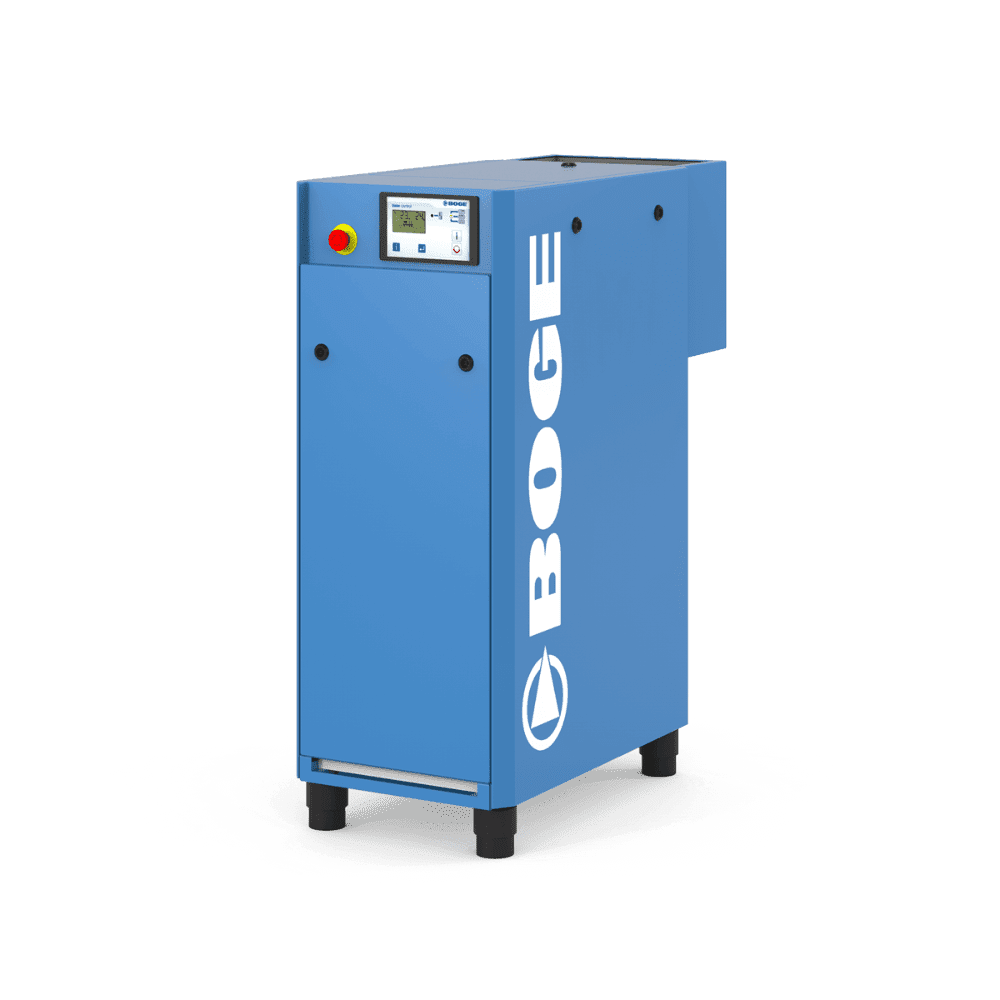
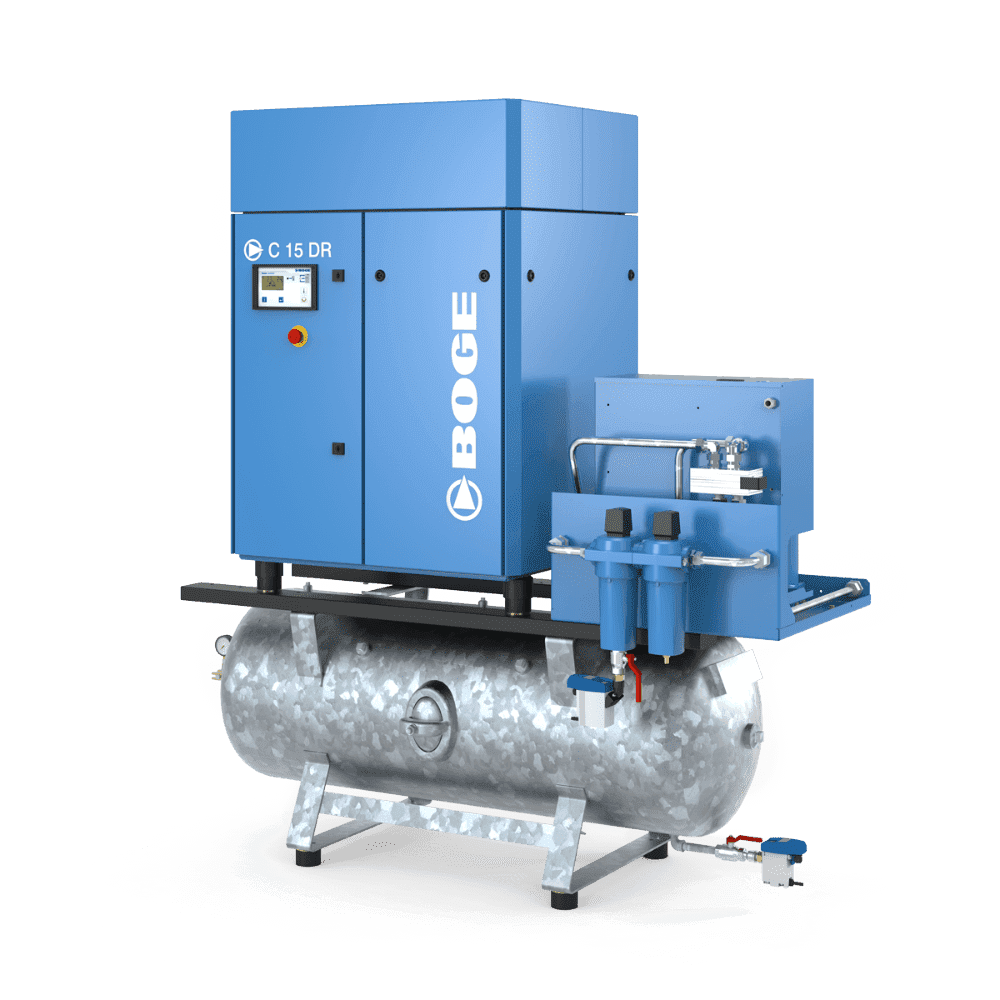
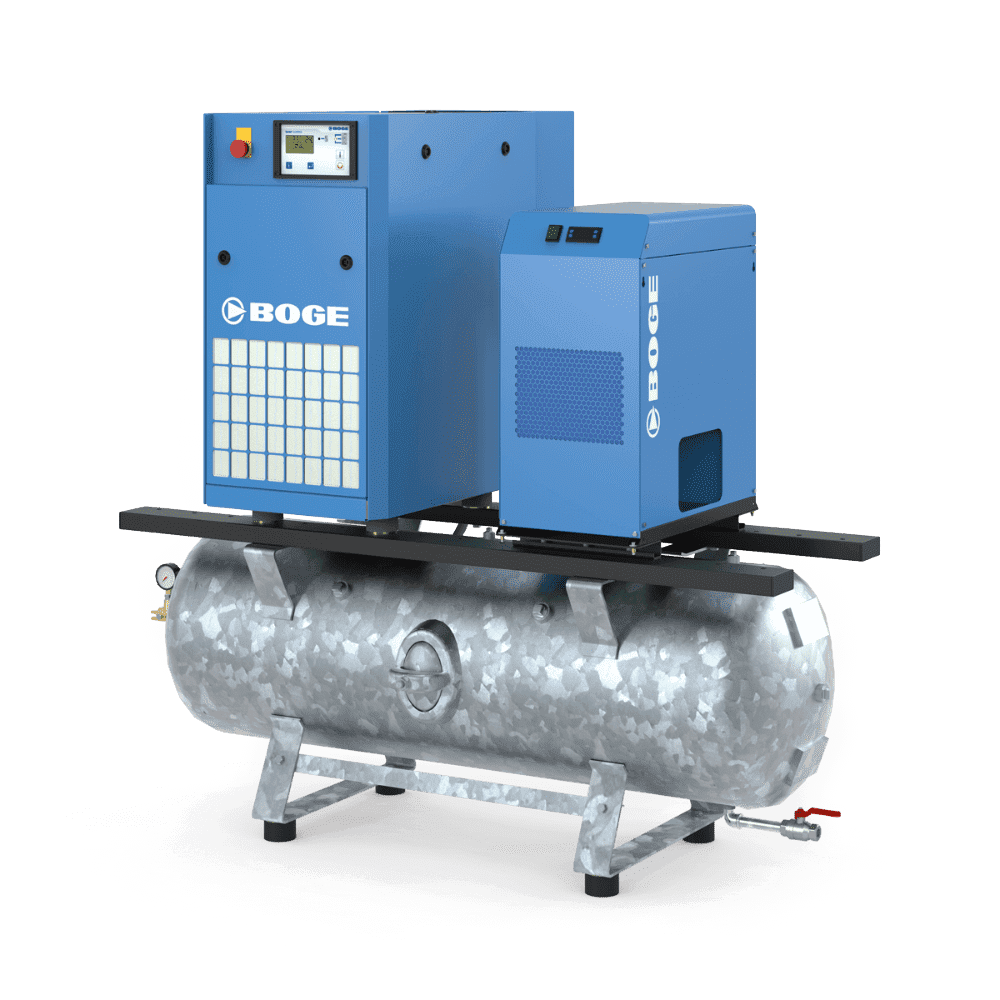
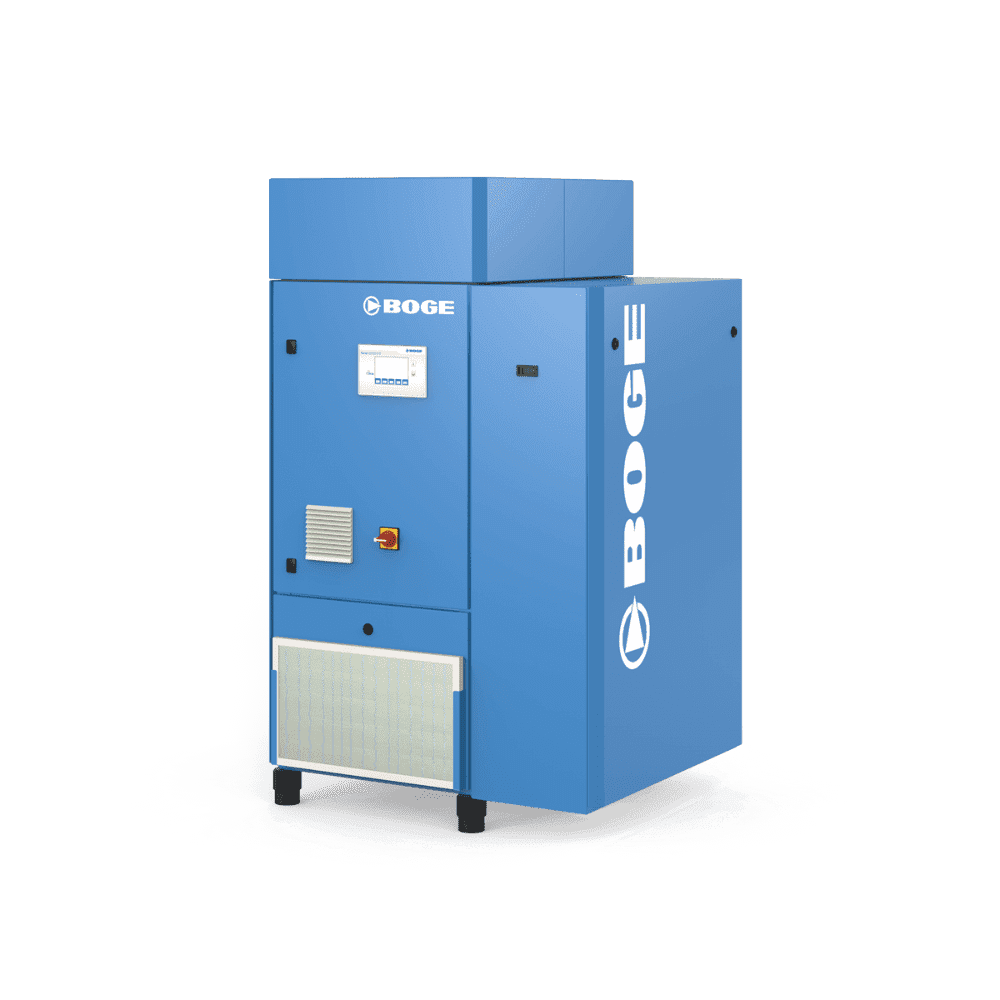
At Cleveland Compressed Air Services, we pride ourselves on providing our Australian clients with the best products and services in the compressed air industry. We offer customised solutions, high-quality products and a friendly company culture built on core values such as integrity, social responsibility and accountability.
As one of Australia’s leading screw air compressor providers, we recognise the importance of providing high-quality air applications and machinery and professional and timely support. If you’re interested in learning more about our range of screw compressors, please call us today on (08) 9452 3669, email us at info@ccair.net.au or contact us online.
Screw air compressors are a go-to solution for businesses that rely on steady, high-performance air flow. From construction sites to automated manufacturing systems, here’s why rotary screw compressors are trusted across so many common industries.
Continuous and Reliable Air Supply
Rotary screw compressors are built for continuous operation, 24 hours a day and 7 days a week. They provide consistent pressure and dependable performance, which is critical in industrial settings where uptime matters.
Energy Efficient Operation
Thanks to their efficient design and available variable speed capabilities, screw compressors adjust air output to match demand. This helps reduce wasted energy, lower electricity bills, and improve overall system efficiency.
Clean and High-Quality Air
Oil-injected and oil-free screw compressors both deliver high air purity. Oil-lubricated models offer low oil carryover, while oil-free models meet strict air quality standards for sensitive applications such as food processing and pharmaceuticals.
Low Maintenance and Long Lifespan
Screw air compressors have fewer moving parts than piston models, which means lower maintenance requirements and less downtime. When properly maintained, many screw compressors exceed 80,000 hours of operation, offering a long-term and cost-effective solution for continuous use.
When choosing an air compressor, it’s important to understand the key differences between piston compressors and rotary screw compressors, as each is suited to different applications.
Piston Air Compressor
Rotary Screw Air Compressor
No, they do not. It’s always best to check for any problems after the first start-up but after that, you are ready to go. If you do find any leaks or problems, turn the machine off and be sure to contact your product provider before operating any air compressor equipment again.
Many air compressors are able to run off generators, however, it is not recommended. If you have access to mains electricity, it is recommended you use that to power your air compressor equipment. Generators have fluctuations in power which can cause problems for compressors as they require a constant voltage to run. It is even more important for rotary screw compressors to be run off mains electricity rather than generators due to their constant operation.
If you are ever worried that your air compressor is not working the way it is intended, it is always safest to turn it off and have a trained industry professional come and inspect its components.
When looking to improve energy efficiency, customers have to look further than the air compressor and evaluate the compressed air system as a whole. The most essential part for improvement is generally your air piping system — how the compressed air is transported and used in the end application. Both the design of the distribution and the material used for piping affect energy efficiency. Consult with a compressed air specialist to see what steps can be taken to pursue reduce your energy cost. By running an energy-efficient operation, your business works toward saving money and creating a more sustainable future.
A rotary screw air compressor works by forcing air through a pair of rapidly rotating helical screws (or rotors). Powered by the air compressor motor, the two rotors, one female rotor and one male rotor, move in opposite directions. As the male and female rotors turn, they interlock, creating a series of chambers. This causes a vacuum, which pulls more air into the chamber through the air compressor air intake. As air moved through the successive chambers of the paired rotors, it is squeezed into a smaller volume, resulting in compressed air. Finally, the compressed air exits the screw unit, where it can be captured, dried, filtered, and used or stored.
A screw air compressor is a type of positive displacement compressor that uses two interlocking helical rotors to compress air. As the rotors turn, air is trapped and compressed in a chamber, producing a continuous, stable air flow. Screw compressors are known for being reliable, efficient, and capable of operating 24 hours a day, 7 days a week, making them a smart investment for industrial use.
Screw air compressors are used in industries that require a dependable supply of compressed air, such as construction sites, automotive manufacturing, food and beverage, and mining. These compressors are also well-suited for powering pneumatic tools, spray booths, conveyor systems, and automated manufacturing systems. Their consistent air flow and air purity make them ideal for common industries where reliability and efficiency matter most.
Below are the basic components of a rotary screw compressor, these components work together to deliver reliable, high-volume compressed air for continuous use:
AIR-END (PUMP)
The air-end is where the work of air compression happens inside the rotary screw air compressor.
AIR INLET VALVE
Where atmospheric air comes into the air-end for compression.
ROTORS
A pair of interlocking helical screws that rotate rapidly to compress air.
COMPRESSION CYLINDER
The housing that contains the rotors. A rotary screw air compressor may have a single compression cylinder or multiple cylinders for multi-stage compression. Oil-free compressors will also have an intercooler between each compression cylinder.
DISCHARGE VALVE
Where compressed air exits the air-end. Air may go from the discharge valve to an air receiver tank or directly to air-using processes.
BEARINGS
Bearings on both rotor ends help the rotors to stay in place and turn smoothly and rapidly. Bearings are typically anti-friction and corrosion-resistant.
Yes, screw compressors are excellent for industrial applications that demand high reliability and efficiency. Rotary screw compressors, in particular, offer quiet operation (around 60 to 70 dBA), consistent airflow, and low oil carryover in oil-lubricated models. Their ability to operate continuously and support variable speed control makes them a fuel-saving, long-term investment for businesses needing dependable performance.
The size depends on the air tools or systems you plan to run. Compressors with CFM ratings of 10–20 are ideal for light-duty tools, while models rated at 50+ CFM suit more demanding equipment. Add 20–25% capacity above your current needs to allow for future growth. For reliable performance in industrial environments, rotary screw compressors with variable speed control offer flexible, energy-efficient air flow tailored to your demand.
Rotary screw compressors typically last between 60,000 and 80,000 hours, or 15 to 20 years, when properly maintained. They are built for continuous operation and high-pressure tasks, with minimal capacity loss over time thanks to efficient design and low oil carryover in lubricated models.
There are two main types:
Both get used in industrial or commercial settings, but a scroll compressor is typically quieter, has fewer moving parts, and delivers oil-free air, making it ideal for clean applications. A rotary screw compressor, handles higher volumes and pressures and is better for heavy-duty or continuous-use scenarios.
An oil-injected screw compressor uses oil for lubrication and cooling, allowing the compressor to operate efficiently and continuously. It features interlocking rotary screws that compress the air, delivering high reliability and energy efficiency for industrial applications.
Oil-injected screw compressors offer continuous operation, are energy-efficient with variable speed drive (VSD) technology. They also require less maintenance and have a longer lifespan, making them a cost-effective choice for high-demand applications.
Oil-injected screw compressors with VSD technology adjust the motor speed to meet the actual demand for compressed air, reducing energy consumption during lower demand periods. This minimises energy waste and delivers significant energy savings.
While they are generally quieter than piston compressors, oil-injected screw compressors can still produce noise levels around 65–80 dBA, depending on the model. For quieter operations, soundproofing or placing compressors in separate rooms may be necessary.
Yes, these compressors are specifically designed for continuous use and are ideal for industries that require a constant supply of compressed air. However, routine maintenance, such as oil changes and filter replacement, is required to ensure smooth operation over time.
The size of the compressor depends on your air use and CFM requirements. Cleveland can assist you in selecting the right compressor for your needs, based on the air tools and systems you operate.
Oil changes depend on usage but are typically required every 1,500 to 3,000 hours of operation for mineral based oil and 6,000 to 8,000 hours for synthetic oil. Regular maintenance checks will help determine the optimal oil change schedule for your compressor model.
These compressors are commonly used in industries like:
Oil-injected screw compressors should not be used where oil-free air is critical (e.g. food, pharmaceuticals, medical applications). For these purposes, oil-free screw compressors are recommended to maintain air purity and avoid oil contamination.
If you need further guidance on selecting the right compressor for sensitive applications, feel free to reach out to our team for personalised advice.
Rotary screw compressors are widely used across construction sites, automated manufacturing systems, and other common industries due to their long-term reliability and efficiency.
Screw compressors typically have a higher upfront cost and are less suitable for small, intermittent tasks. They require skilled maintenance, particularly for key components like the rotors and compression chamber. If not used close to their intended capacity, their efficiency may drop. However, with proper sizing and usage, they offer excellent reliability, quiet operation, and lower lifetime costs.
Cleveland Compressors have an extensive range of reliable, high-performing machines for industrial applications from some of Australia's leading brands. No matter your industry, Cleveland Compressors is bound to have the right air compressor equipment to suit your individual air demand needs. If you want to improve your manufacturing and production processes and incredible energy savings, all at the lowest cost, contact Australia's most reliable industrial solutions provider, Cleveland Compressed Air Services by calling (08) 9452 3669, emailing info@ccair.net.au or contacting us online today!
We believe that your success is our success. That is why we provide top-notch solutions and support to businesses using our quality products, whether through purchase or hire.